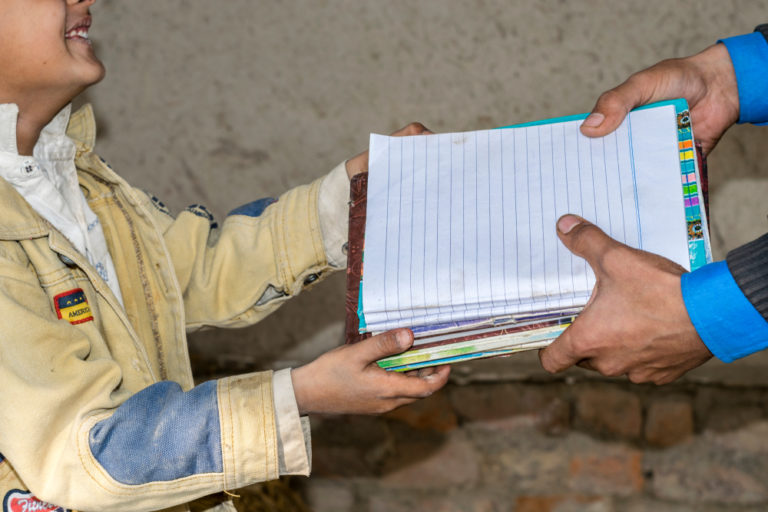
Written: Education expert, Cheung Wai Ching
The crow accidentally found a piece of soap. After washing its feathers in the basin, the crow became fragrant all over. Deciding to share this soap with other animals, the mouse, rabbit, little monkey, and big bear all took turns using it. Finally, it was the elephant’s turn. After the elephant finished bathing, the soap was nowhere to be found. The crow found it strange and anxious, thinking the elephant was playing a joke on it. The crow, with a kind heart, shared its good thing with its friends, but in the end, the item was gone. We all know that soap gets smaller as it is used, which is an inevitable fact. The crow didn’t expect that its well-intentioned sharing would result in losing what it originally possessed. Although the crow was a bit reluctant to part with its soap, when it smelled the soap fragrance emanating from its good friends, it felt happy and thought it didn’t matter.
With an increasing number of single-child families in society, coupled with busy parents compensating with material things, children tend to think that everything is for their exclusive enjoyment, and others are not allowed to touch. In such situations, what can parents do?
The joy of sharing is an abstract emotion that requires the accumulation of years along with the experiences of many life events. It is not something that can be achieved overnight. The most effective education on sharing comes from the example set by parents and educators. There is a lady who works as the chief editor in a publishing house. During her daughter’s summer vacation, she took her to the office. At that time, the company was handling a batch of books donated to children in remote areas, totaling a few hundred books.

The daughter asked her, “Mom, do you have to donate so many books? You could sell them for a lot of money! You might incur a huge loss this way. Can’t you donate fewer books?” The lady replied, “No one is telling me how much to donate, and no one is forcing me to do it. It’s my own choice. What are you worried about?” The little girl said, “I’m afraid you’ll donate all the books, and we’ll lose too much. Then we won’t have any money ourselves!” The lady teased, “Well then, I won’t donate at all. After all, those other kids aren’t my children. Why should I care if they have money to buy books?” Playing along, the mom intentionally teased her daughter. The girl clarified hastily, “I didn’t mean not to donate at all. I just meant you should donate fewer books! Keep some for later, and donate gradually!”
The mom, who works as an editor, told her, “Daughter, if I take these books to sell and make money, our family would certainly be happy. But now that I’ve donated the books, many children will be happy because they have books to read. I will also be happy because these books may give them some hope and dreams for life and the future. My happiness cannot be measured in terms of money.”

Parents are the best role models for children. In daily life, when parents show care and assistance to others, it naturally has a subtle influence on their children. Parents should set an example of sharing with others, regularly taking the initiative to care for and assist others. The place where the author lived during childhood was populated with many residents, resembling what Cantonese films call “one floor, fourteen households.” Although having many people naturally leads to friction, neighbors were accustomed to sharing delicious snacks they made with everyone. Additionally, in daily life, common items such as oil, salt, soy sauce, and vinegar were borrowed from one another. These small acts cultivated a sense of sharing in our generation.
The emphasis in “Willing to Share” is on the word “joy.” It is about feeling genuine happiness from being able to share with others. Only those who are truly tolerant, generous, and enthusiastic are willing to share with others. Similarly, only those who are genuinely confident, kind, and open-minded are happy to do so. In other words, if children can truly enjoy sharing, they possess all the valuable qualities mentioned above, which are more important than achieving good grades.